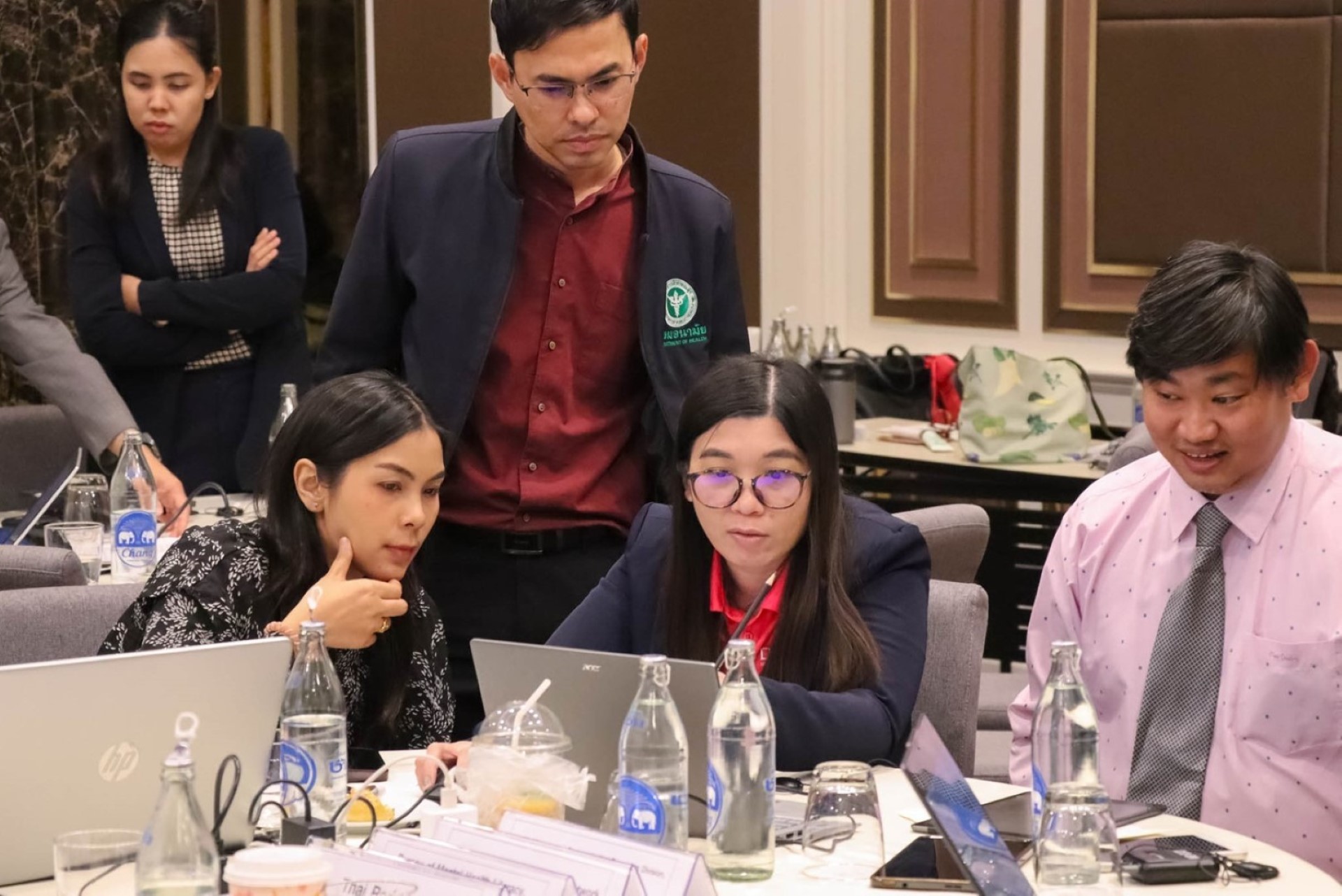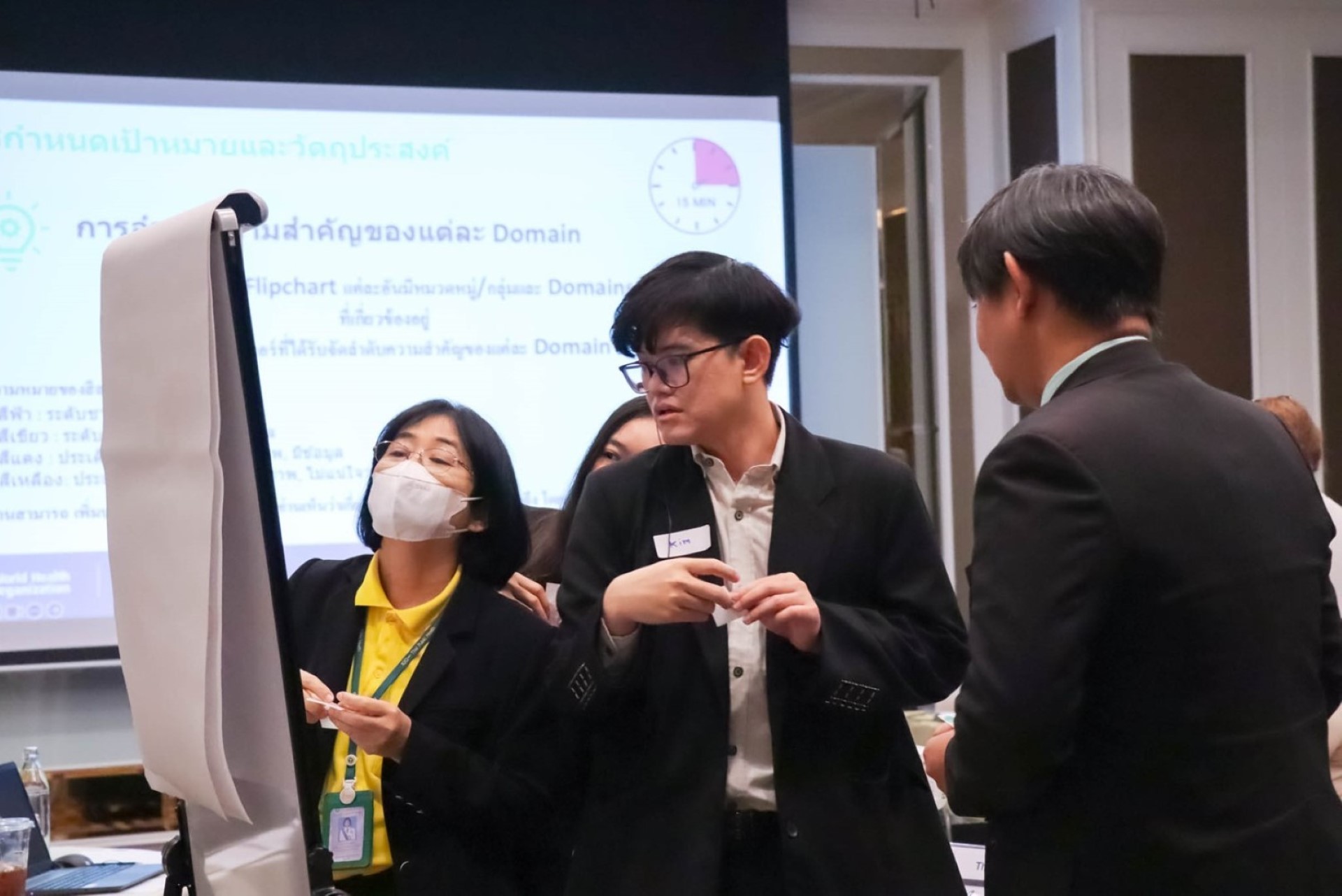As the information landscape becomes increasingly complex, ensuring that communities have access to accurate and reliable information in formats they can access, understand, and trust is more challenging than ever. The proliferation of misinformation and disinformation, coupled with the overwhelming volume of information-both online and offline, makes it difficult for people and communities to access accurate information and undermines public health efforts, eroding trust, and delaying critical health action.
Recognizing the threat this poses to health security and in responding to public health threats, particularly in the wake of the COVID-19 pandemic, the WHO South-East Asia Region has prioritized improving access to health information in the Regional Strategic Roadmap for Health Security and Health System Resilience for Emergencies 2023–2027, as well as the Strategic Action Framework for Strengthening Community Engagement and Resilience in the WHO South-East Asia Region (2025–2029).
To help countries strengthen their capacity to respond quickly during crises—including the dissemination of critical information and understanding the factors influencing this—WHO has partnered with the Ministries of Health in Sri Lanka and Thailand to pilot a new global Information Environment Assessments (IEA) tool and training package. Funded by Gavi, the Vaccine Alliance, the new IEA tool is designed to help countries identify the factors influencing how communities’ access, process, exchange, engage with, understand, and share information.
The assessment tool covers a wide range of factors, including legal and policy frameworks, communication infrastructure, cybersecurity, information sources, health and digital literacy, as well as the roles of various stakeholders involved in information creation, sharing, and exchange. Understanding these factors is essential for more effective and equitable Risk Communication and Community Engagement (RCCE) and Infodemic Management (IM) interventions, as well as health emergency programmes.
In both Sri Lanka and Thailand, representatives from diverse sectors—such as health, telecommunications, media, public relations, cybersecurity, and law enforcement—have joined forces to assess these factors. This collaborative effort aims to create a comprehensive national picture of the current information environment in both countries.
The lessons learned from these pilot exercises will further refine the IEA tool and training package, shaping its future release as global guidance to help countries’ enhance their national risk communication and infodemic management capacities and foster healthier information environments.
Images from Thailand workshop. Image credit: Ministry of Public Health, Thailand


Images from Sri Lanka Workshop. Image credit: Health Promotion Bureau, Ministry of Health, Sri Lanka


